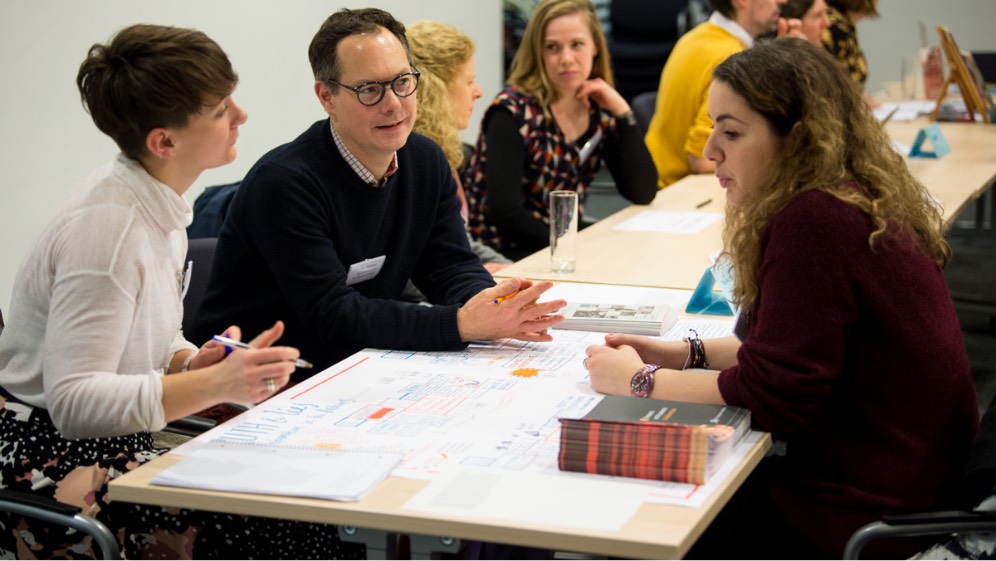The Admiralty China Station was a naval command of the British Royal Navy that operated in China and the Far East from the mid-19th century to the mid-20th century. The station was responsible for protecting British interests in the region, including trade routes, British colonies and territories, and British citizens living in China and surrounding areas. The China Station played a significant role in various conflicts, including the Opium Wars, the Boxer Rebellion, and both World Wars, through both formal and informal diplomacy. The series of correspondence from the Station headquarters (ADM 125), is a valuable, but very underused resource for exploring the history of the region from a variety of angles.
The National Archives has historical military records which contain ideas, text and imagery which reflect the viewpoints and attitudes prevalent at the time the records were written, and may now be considered offensive. Original language is preserved to accurately represent our records and to help us fully understand the past.
In this three-month placement we are inviting a student with interests in transnational history, and digital humanities to uncover some of the stories from this correspondence series using social network analysis. Over three months the student would be supported to:
- Explore the structure and content of the series to identify a topic of interest. These could include the histories of enslaved people in Asia and other countries/continents, naval geopolitics, environmental history (the effect of the Navy on ecologies in Asia in creating demand for foods, fuel or other natural resources), history of technology (e.g. transfer of steam technologies and industrialisation in the region), trade and social customs, and the laws of the sea and piracy.
- Identify three volumes of correspondence to ‘map’ using social networks analysis technologies such as Palladio.
- Analyse the significance of the findings from that mapping.
- Engage the public with those records/histories in imaginative ways through contributing to ETNA, and writing a blog post for The National Archives or (e.g. Global Maritime History)
The student would be hosted in the Collections Expertise and Engagement department, by Pad Kumlertsakul, who is a records adviser with extensive experience in researching transnational histories in The National Archives’ collections, and particularly Asian history. These have included using the Admiralty China Station records in a blog post on The First Sino-Japanese War and the ‘Kowshing’ Incident, international research collaborations on the ‘Curating Crisis’ project and exploring digital humanities technologies.
Bruno Pappalardo, Principal Records Specialist in Naval Records and Bernard Ogden, Research Software Engineer, will provide further support. Bruno’s many publications on ADM records at TNA are standard reference points and he has worked on a variety of projects exploring digital collaborations using naval records. Bernard has extensive software experience, including work on digital humanities projects at The National Archives.
The hosts would provide the student with support in developing skills in a variety of areas including archival research, metadata creation, and data visualisation. They would also be supported by the placement hosts in developing skills in curatorial writing and have the opportunity to write about their work on the project for the TNA blog and to support TNA staff in production of evergreen curatorial content for the website.
The National Archives will benefit in a number of ways from this project. It will provide better understanding of this record series and contribute to ongoing work to find ways to build international research projects/collaborations and allow us to further surface voices and experiences of historical actors from East and South-East Asia.
Start & end date of placement
Three-month project, start date to be negotiated with placement student any time from November onwards. The placement would be full-time over a three-month period.
Hours of work
The placement would be full-time over a three-month period. In order to work closely with the records, the placement would be predominantly onsite.
Essential criteria
- In order to do this work a student would need to have ONE of (i) experience of working with archival records; OR (ii) some experience of working with Social Network Analysis. The student would be provided with support for developing skills in both of those areas. However, some level of experience in one of them is essential.
- Enthusiasm for thinking through transnational/transcultural histories in the region of East/South East Asia. Within that broad scope, this project offers the opportunity to explore a wide selection of thematic areas.
- Interest in the possibilities of digital tools and techniques to uncover and analyse historical narratives from archival records.
- Willing to engage sensitively to cultural and linguistic diversity, particularly in the context of British imperialism and its impact on the local populations in China and the Far East.
Expected project outcomes
Outputs
- Dataset exploring one thematic aspect of the Admiralty Station records
- Write a TNA blog reflecting on your research
- Support TNA staff in production of evergreen curatorial content for the website
Outcomes for student
- Development of research and archival practice skills (as above)
- Development of digital humanities techniques
- Development of skills in writing
- Dataset/data visualisation that can be presented in other contexts
For further details, please contact: research@nationalarchives.gov.uk



